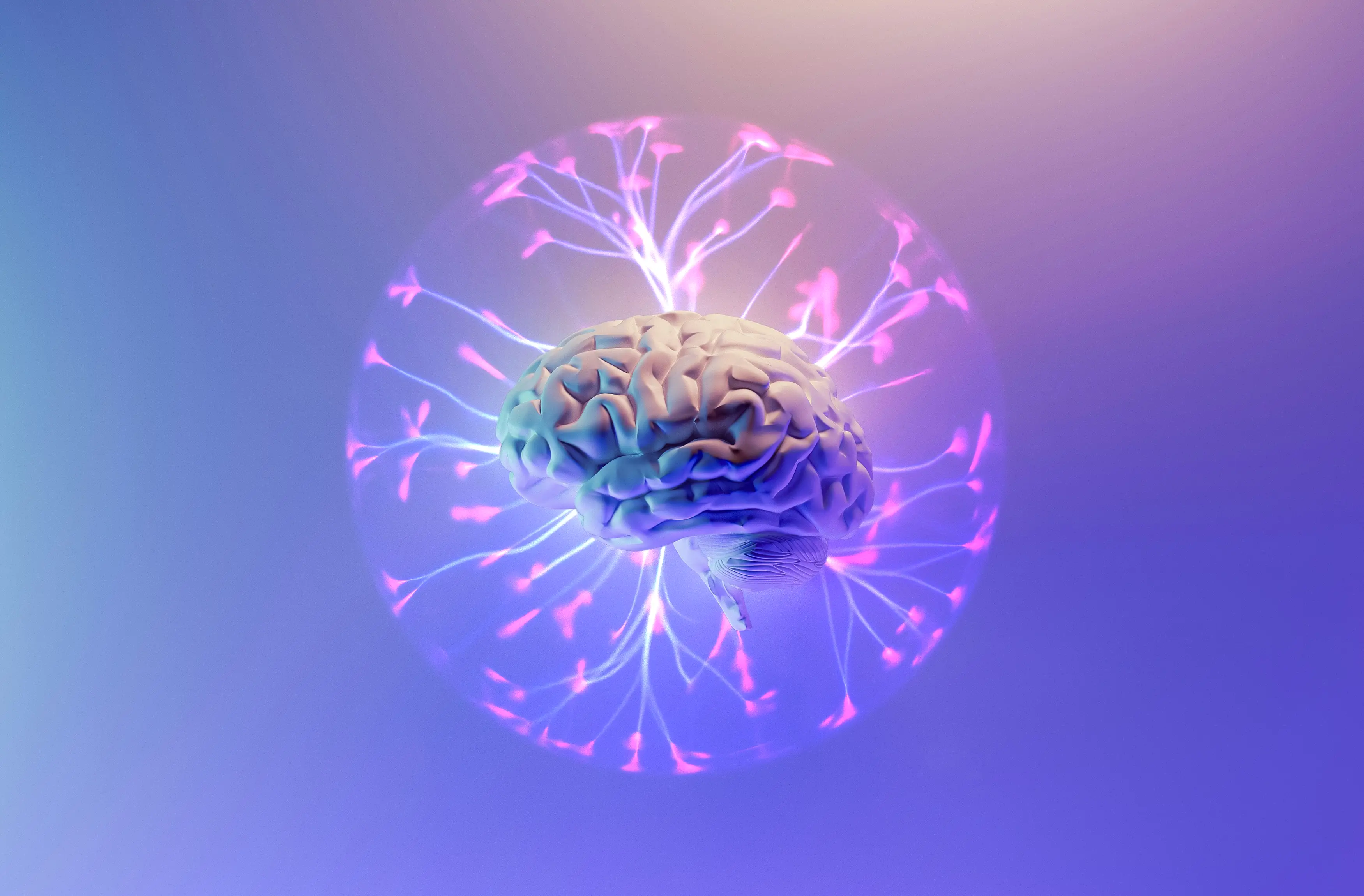When most people hear ADHD, they picture a child who can’t sit still in class, an adult constantly losing their keys, or someone who simply “can’t focus.” The idea often stops there --
as if ADHD were just about being distracted or having too much energy.
But according to Dr Russell Barkley -- one of the top ADHD researchers in the world --
that’s not quite it.
At its heart, ADHD is about self-regulation: how well the brain can manage thoughts, feelings,
and actions to work towards a goal. The mental skills that make this happen are called executive functions. And when they’re not firing on all cylinders, everyday life can become a bit of a slog --
even if you’ve plenty of smarts and good intentions.
What Are Executive Functions?
Think of executive functions as the control centre in your brain. They help you:
- Hit the brakes before doing something you’ll regret
- Keep track of what needs doing
- Stay level-headed under pressure
- Keep the motivation ticking over
- Plan ahead and adapt when life throws a curveball
Dr Barkley talks about five main ones:
- Behavioural Inhibition
Stopping yourself mid-urge -- whether that’s interrupting, blurting something out,
or making a quick decision that comes back to bite you.
- Working Memory (Non-verbal and Verbal)
Holding onto information long enough to use it -- like remembering the list you had in your head walking into the shop.
- Internalisation of Speech
That little inner voice that says, “Don’t forget to ring Mam,” or “Stay on task.” When it’s quiet or missing, you end up needing constant nudges from outside.
- Self-Regulation of Emotion, Motivation, and Arousal
Keeping feelings in check, keeping your energy steady, and staying the course when a task is boring. Without it, small irritations can feel like full-blown disasters.
- Planning & Problem-Solving (Reconstitution)
The knack for breaking things down and working out what to do next -- and having a Plan B ready. Without it, the whole thing can feel overwhelming before you even start.
How They Develop in Childhood
Executive functions don’t appear overnight. They mature slowly, because the prefrontal cortex --
the brain’s “front office” -- takes its time to fully develop.
- Preschool years (3–5): Big jumps in impulse control and short-term memory, but still patchy.
- Primary school (6–12): Kids get better at self-talk, planning ahead, and managing feelings.
- Teen years into the 20s: Executive functions strengthen further -- but in ADHD,
they can be 30–40% behind.
That means a bright 12-year-old with ADHD might have the self-regulation of an 8-year-old,
even though they can hold their own in class.
How Weak Executive Functions Show Up Day-to-Day
Behavioural Inhibition
- Others: “You’re always jumping in before thinking.”
- You: “It’s out before I even realise.”
Working Memory
- Others: “I just told you what to do.”
- You: “I knew it a minute ago, and now it’s gone.”
Internal Speech
- Others: “Why do I have to remind you again?”
- You: “I wish my head gave me those little nudges.”
Emotion & Motivation Regulation
- Others: “You’re blowing this out of proportion.”
- You: “I know I’m overreacting, but I can’t pull it back.”
Planning & Problem-Solving
- Others: “You’ve left it till the last minute again.”
- You: “I just couldn’t get started.”
Barkley’s Bold Suggestion: A New Name for ADHD
Dr Barkley reckons the name Attention-Deficit/Hyperactivity Disorder doesn’t do the job. The real issue isn’t attention or hyperactivity -- it’s self-regulation.
He’s suggested renaming it:
- Executive Function Deficit Disorder (EFDD), or
- Self-Regulation Deficit Disorder (SRDD)
Why? Because these names point to what’s actually going on in the brain -- and could help people understand that ADHD isn’t about laziness or lack of intelligence. It’s about a delay in the development of the brain’s control systems.

What This Means For You
If you’ve ADHD -- or someone close to you does -- remember:
- It’s not a character flaw. Struggling with planning or follow-through isn’t about being careless.
- Structure helps. Calendars, reminders, and set routines can step in for weaker internal systems.
- Feelings count. ADHD affects mood and motivation, not just focus.
- Skills can improve. With support, therapy, strategies, and sometimes medication, executive functions can be strengthened.
Final Word
ADHD is less about “paying attention” and more about how you manage yourself over time. Executive functions are the toolkit that make that possible -- and in ADHD, some of those tools need a bit of extra sharpening.
As Dr Barkley puts it: “ADHD is a disorder of performance, not knowledge.” Often, you know exactly what needs doing -- the challenge is doing it at the right time. With the right supports in place,
that gap can close.
References
- Barkley, R. A. (1997). ADHD and the Nature of Self-Control. New York: Guilford Press.
- Barkley, R. A. (2012). Executive Functions: What They Are, How They Work, and Why They Evolved. New York: Guilford Press.
- Barkley, R. A. (2015). Attention-Deficit Hyperactivity Disorder: A Handbook for Diagnosis and Treatment (4th ed.). Guilford Press.











.jpg)

